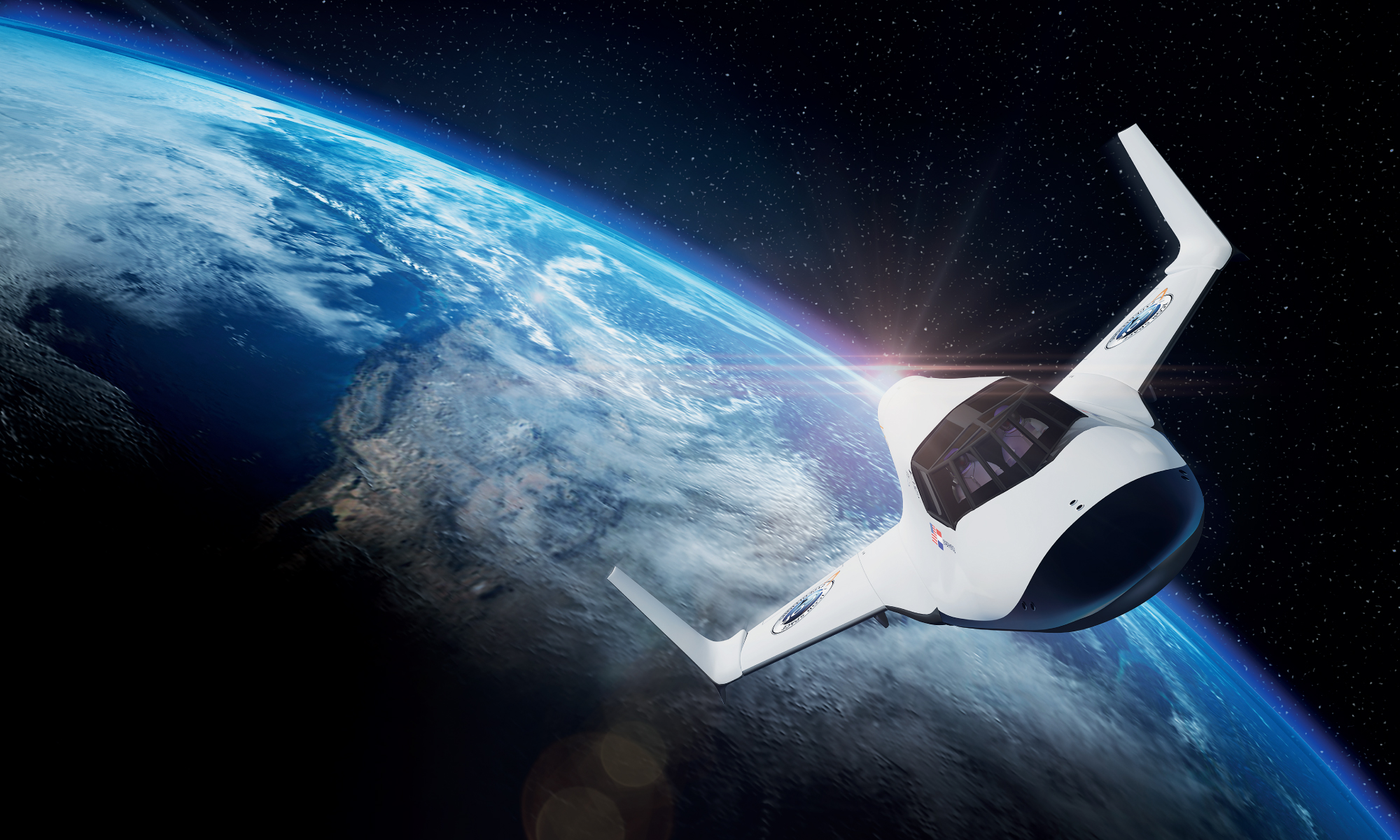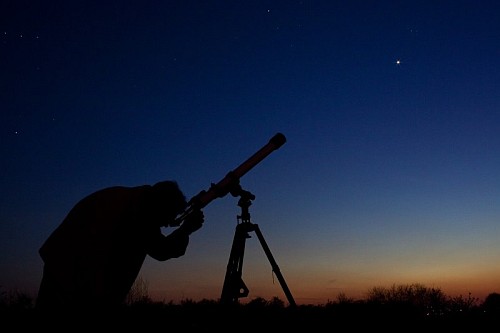Stamp: Moon vehicle (Equatorial Guinea 1974)
Moon vehicle (Equatorial Guinea 1974)
10 April (Equatorial Guinea ) within release 500th birthday of N. Kopernikus goes into circulation Stamp Moon vehicle face value 4 Equatorial Guinean ekuele
| Stamp Moon vehicle in catalogues | |
|---|---|
| Yvert et Tellier: | Yt:GQ 41E |
| Michel: | Mi:GQ 333 |
Stamp is vertical format.
Stamp Moon vehicle it reflects the thematic directions:
A vehicle (from Latin: vehiculum) is a mobile machine that transports people or cargo. Typical vehicles include wagons, bicycles, motor vehicles (motorcycles, trucks, buses), railed vehicles (trains, trams), watercraft (ships, boats), aircraft and spacecraft. Land vehicles are classified broadly by what is used to apply steering and drive forces against the ground: wheeled, tracked, railed or skied. ISO 3833-1977 is the standard, also internationally used in legislation, for road vehicles types, terms and definitions.
One of the earliest known mathematicians was Thales of Miletus (c. 624 – c. 546 BC); he has been hailed as the first true mathematician and the first known individual to whom a mathematical discovery has been attributed.He is credited with the first use of deductive reasoning applied to geometry, by deriving four corollaries to Thales's theorem.
An astronaut (from the Ancient Greek ἄστρον (astron), meaning 'star', and ναύτης (nautes), meaning 'sailor') is a person trained, equipped, and deployed by a human spaceflight program to serve as a commander or crew member aboard a spacecraft. Although generally reserved for professional space travelers, the term is sometimes applied to anyone who travels into space, including scientists, politicians, journalists, and tourists
An astronomer is a scientist in the field of astronomy who focuses their studies on a specific question or field outside the scope of Earth. They observe astronomical objects such as stars, planets, moons, comets and galaxies – in either observational (by analyzing the data) or theoretical astronomy. Examples of topics or fields astronomers study include planetary science, solar astronomy, the origin or evolution of stars, or the formation of galaxies. A related but distinct subject is physical cosmology, which studies the Universe as a whole





